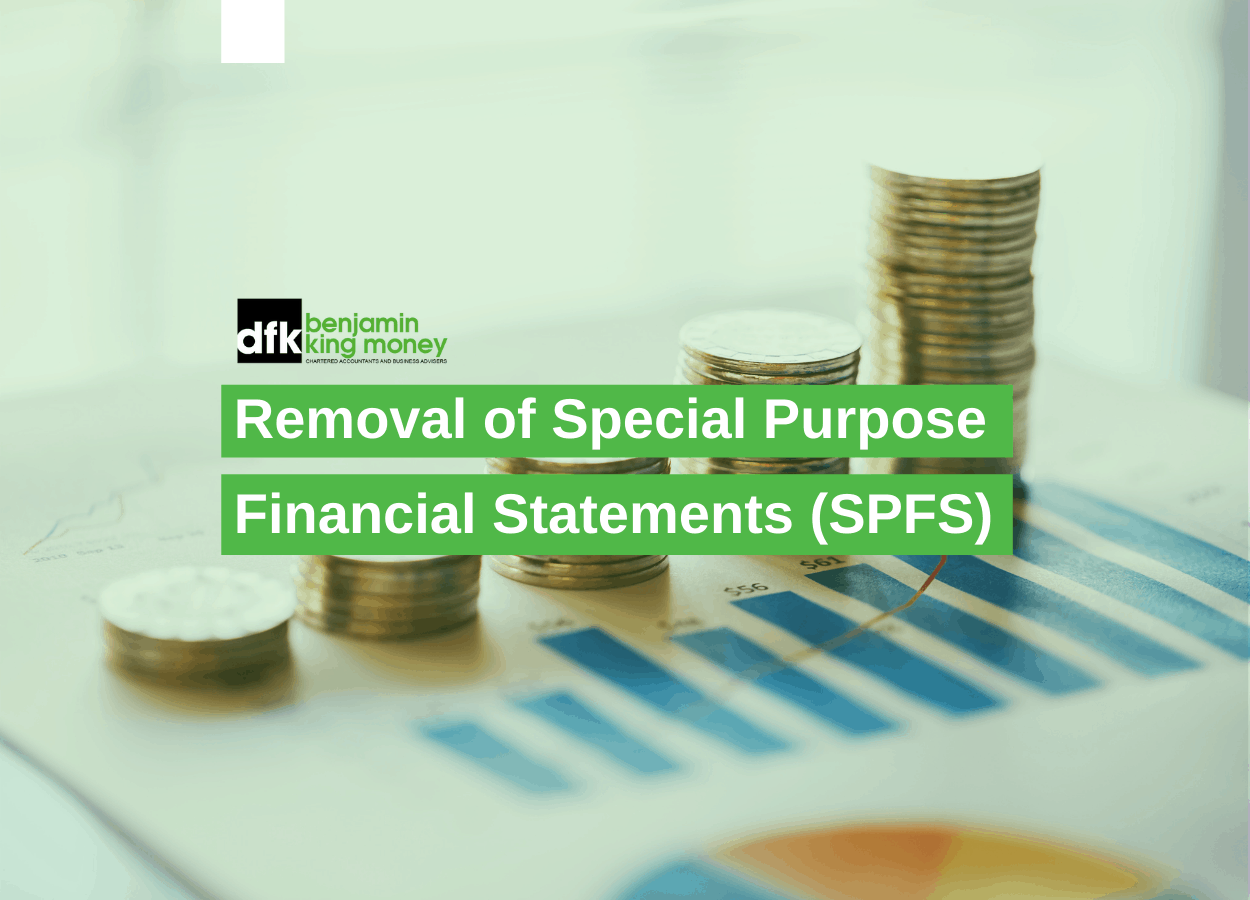For annual reporting periods beginning on or after 1 July 2021 (i.e. 30 June 2022 year ends), the following Australian for-profit private sector entities no longer need to prepare special purpose financial statements (SPFS):
- Required by legislation to prepare financial statements that comply with Australian Accounting Standards or accounting standards; or
- Required by their constituting or another document (e.g. lending agreement, shareholder agreement and trust deed) to prepare financial statements that comply with Australian Accounting Standards, if the document is created or amended on or after 1 July 2021.
These entities must prepare general purpose financial statements (GPFS) but may be able to elect to prepare GPFS – Simplified Disclosures (SDS).
GPFS are financial statements that meet all the recognition, measurement, presentation and disclosure requirements of the Australian Accounting Standards.
From 1 July 2021, reporting entities that are currently preparing GPFS – Reduced Disclosure Requirements will also be required to transition to SDS.
If the entity adopts the SDS for periods beginning before 1 July 2021 (i.e. 30 June 2021 year ends or earlier), the entity will not be required to restate comparative information. In addition, comparatives for those note disclosures that were not previously required for SPFS are not required.
Who will be affected?
The removal of SPFS is applicable to companies that are required to prepare financial statements under the Corporations Act 2001 including:
- large proprietary companies (including grandfathered companies)
- unlisted public companies
- small proprietary companies controlled by foreign companies
- Australian financial services licensees
- small proprietary companies where over 5% of members request the preparation of the financial statements.
As mentioned above, the removal of SPFS may also be applicable to other for-profit entities that are required by their constituting and other document to prepare financial statements that comply with Australian Accounting Standards, if the document is created or amended on or after 1 July 2021.
What has changed?
The key differences between SPFS and SDS include:
- first time applications (if not previously applied):
- consolidation of subsidiaries and equity accounting of associates and joint ventures
- deferred tax accounting
- lease accounting
- additional disclosures required (disclosures not previously required in SPSF):
- total amount of key management personal compensation
- related party transactions
- items of income, expense, gains or losses, including changes in fair value and impairment, in relation to financial assets and liabilities
- disaggregation of revenue
- details about performance obligations for revenue from contracts with customers
- income tax breakdowns
- reconciliations of plant and equipment, intangibles and provisions (for the current period only)
- basis for determining fair value for financial assets and liabilities measured at fair value
- lease liabilities – future lease payments
- borrowings information – details of loans payable with breaches or default that have not been remedied and assets pledged as security)
- business combinations – qualitative description for goodwill
- removal of certain disclosures (disclosures previously in SPFS that are no longer required):
- new accounting standards and interpretations issued but not yet applicable
- reconciliation of profit after income tax to net cash from operating activities
- third statement of financial position as at the beginning of the preceding period where there is a retrospective change in an accounting policy
DFK BKM Audit Services can assist in preparing all different types of financial statements. If you have any queries or require assistance, please contact Kevin Adams at kevina@dfkbkm.com.au.


